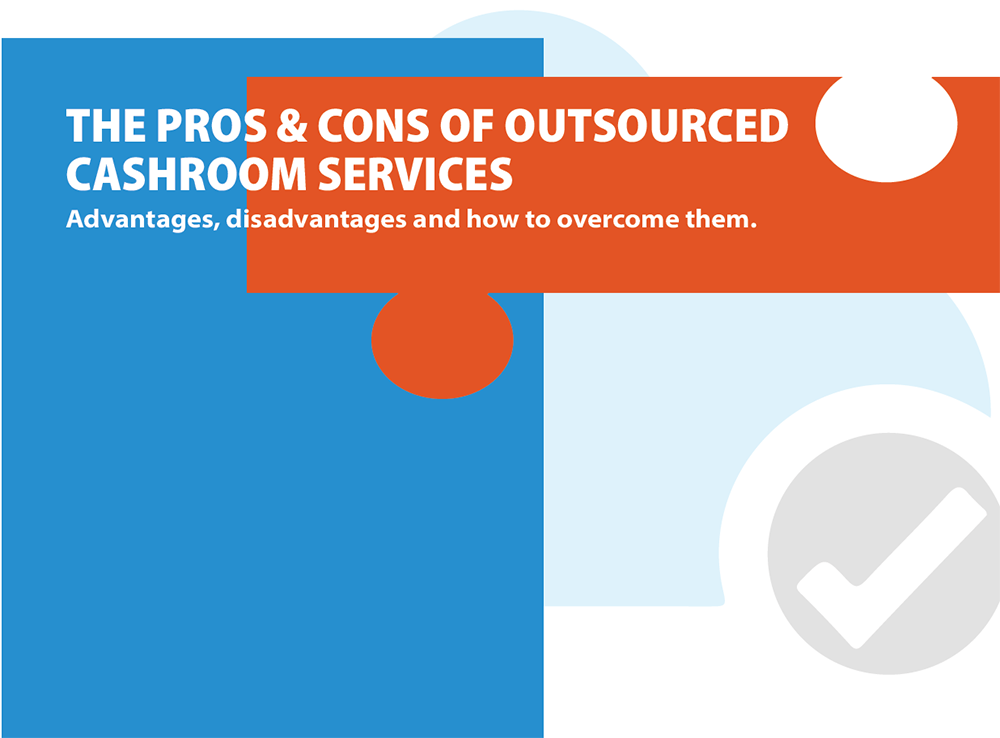Why Credit Control Is Vital for Law Firms.
Credit control may not be the most glamorous aspect of running a law firm, but its importance cannot be overstated. Effective credit control processes are essential for maintaining financial stability, ensuring timely payments, and ultimately enhancing client satisfaction. Let’s delve into why credit control is vital for law firms:
Financial Stability.
Law firms, like any business, rely on a steady cash flow to operate efficiently. However, delays or non-payment of invoices can disrupt this flow, resulting in cash flow problems, challenges in meeting financial obligations, and potentially impacting the firm’s ability to deliver quality services. Implementing robust credit control measures is crucial in addressing these risks. By ensuring that outstanding invoices are promptly addressed and payments are received on time, law firms can mitigate these challenges and maintain their financial stability and operational efficiency.
Client Satisfaction.
Timely and transparent communication regarding billing and payment processes is crucial for fostering positive relationships with clients. Moreover, clients highly value clarity and reliability when it comes to financial matters. Therefore, by implementing effective credit control procedures, law firms can not only demonstrate professionalism but also underscore their reliability and commitment to client satisfaction. Clear invoicing, transparent payment terms, and proactive follow-up on overdue payments significantly contribute to building trust and credibility with clients, ultimately strengthening the firm-client relationship and enhancing overall satisfaction.
Compliance and Risk Management.
Law firms are subject to various regulations and professional standards governing financial practices, such as the SRA and The Law Society of Scotland Accounts Rules. Consequently, failure to adhere to these regulations can result in severe consequences, including fines, and reputational damage. Therefore, implementing robust credit control processes is imperative. By doing so, firms can ensure compliance with regulatory requirements, mitigate financial risks, and safeguard their reputation and integrity. Through proactive adherence to these standards, law firms can maintain their professionalism, instill client trust, and navigate the legal landscape with confidence.
Improved Cash Flow Management.
Effective credit control allows law firms to better manage their cash flow through various means. Firstly, it helps in identifying potential cash flow gaps, thereby enabling firms to forecast revenue more accurately and plan for future financial needs. Additionally, by monitoring and promptly addressing overdue invoices, law firms can minimise the impact of late payments on their cash flow. This proactive approach not only helps in maintaining financial stability but also ensures that the firm can continue its operations smoothly without disruptions caused by cash flow issues.
Efficient Resource Allocation.
Chasing overdue payments can be both time-consuming and resource-intensive for law firms, detracting from essential legal activities. However, implementing automated credit control processes can alleviate this burden. By utilising automation tools and outsourced legal cashiering experts, firms can streamline these tasks effectively. This enables staff to redirect their focus towards delivering high-quality legal services instead of dedicating extensive time and resources to chasing payments. Consequently, the integration of credit control processes not only enhances operational efficiency but also ensures that the firm’s primary focus remains on serving its clients diligently and proficiently.
To summarise why credit control is vital for law firms.
Chasing overdue payments can be both time-consuming and resource-intensive for law firms, detracting from essential legal activities. However, implementing automated credit control processes can alleviate this burden. By utilising automation tools and outsourced legal cashiering experts, firms can streamline these tasks effectively. This enables staff to redirect their focus towards delivering high-quality legal services instead of dedicating extensive time and resources to chasing payments. Consequently, the integration of credit control processes not only enhances operational efficiency but also ensures that the firm’s primary focus remains on serving its clients diligently and proficiently.
Is your law firm struggling to maintain effective credit control procedures?
Don’t let financial management challenges hold you back. Our expert team specialises in seamless credit control processes tailored to the legal sector, ensuring compliance and accuracy every step of the way. Outsourcing your credit control procedure to us means peace of mind, allowing you to focus on what you do best – practising law. Say goodbye to administrative headaches and hello to streamlined financial operations. Contact us today to discover how we can transform your credit control procedures for the better.


